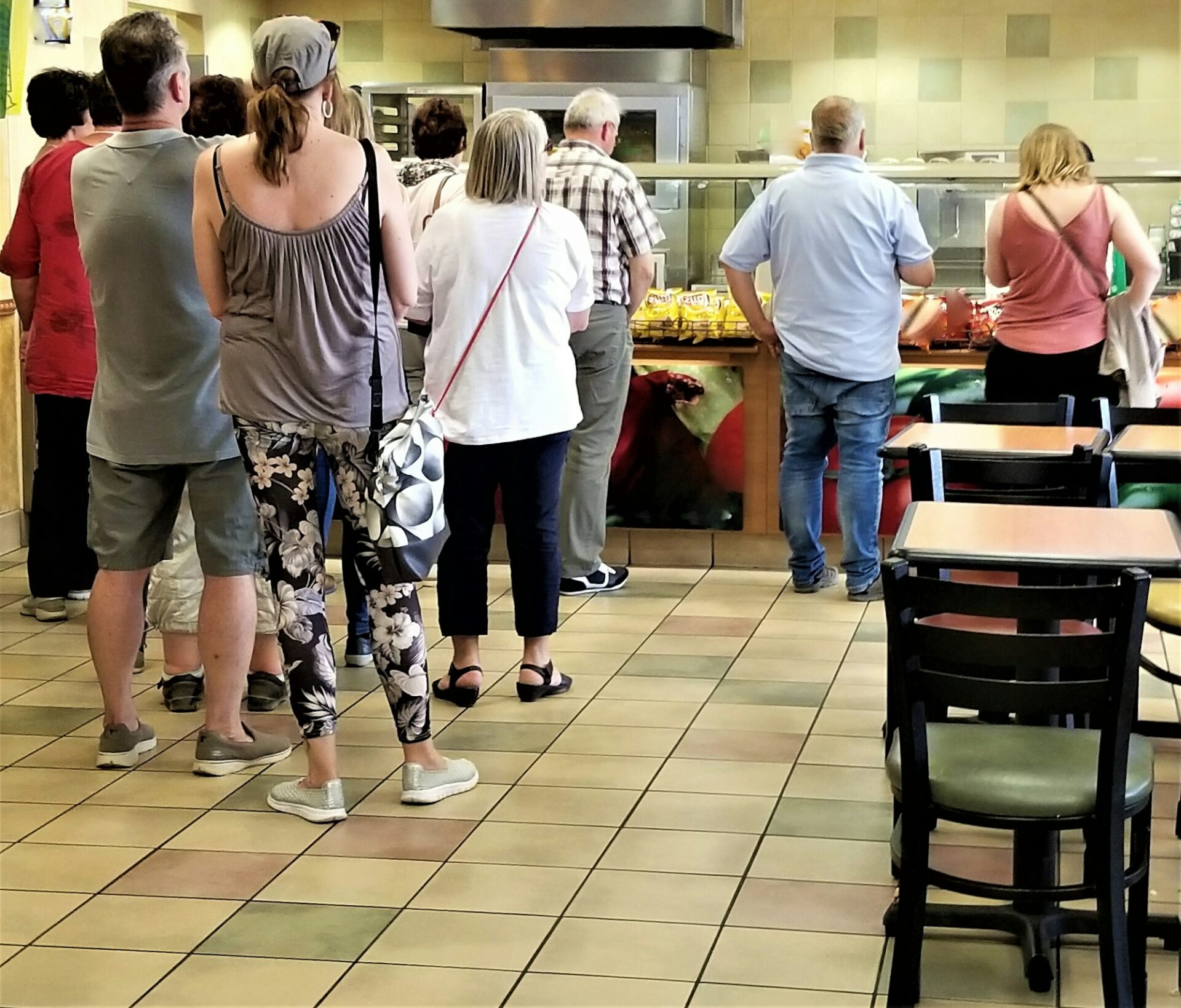The concept that fast food has morphed into a luxury item may sound bizarre, but a recent Lending Tree survey has brought this bizarre reality to light. Among the 2,000 American adults surveyed, a staggering 78% now view fast food as a luxury. This perception is troubling and reflective of a deeper economic malaise afflicting the nation, an ailment we might call “Bidenflation.”
As the survey reports, Americans see fast food as a luxury because of its rising costs. Half of those surveyed admit that their financial struggles contribute to their view of fast food as an unaffordable luxury. With 71% of individuals earning less than $30,000 also holding this view, one cannot ignore the profound impact of current economic policies on the average American. When parents with young children, Generation Z, and women reflect similar sentiments, it’s clear this issue transcends demographic boundaries.
To illustrate this, consider a trip to a local burger joint: two cheeseburgers, two fries, and two medium sodas set you back $30.41. What was once an affordable escape – a family meal at a fast-food joint – has now become a budgetary balancing act. The progression of McDonald’s prices from Trump’s administration to Biden’s term underscores this troubling trend. The dramatic price increases across menu items show that inflation isn’t just a percentage on a chart; it’s a daily reality making life difficult for many.
Data from the same poll reveals a widespread belief that fast food should be cheaper than eating at home, yet 75% of respondents state this isn’t the case. Even more telling, 46% equate fast-food prices to those of local sit-down restaurants, while 22% consider fast food even more expensive. The nostalgia of making a quick, budget-friendly fast food run has been shattered, forcing 56% of respondents to turn to home-cooked meals as their primary low-cost option.
Recalling simpler times, many Americans fondly remember the treat of fast food being a special occasion—a break from the routine without busting the family budget. Tuesday nights spent with the family at a local McDonald’s, enjoying a meal and some quality time together, are a fading memory under the current economic strain.
This concerning shift isn’t isolated to fast food alone. It’s part of a broader trend where affordable leisure activities are becoming less accessible to average Americans. From sports and concerts to movies and now quick meals, it feels as if these simple pleasures are systematically being removed from our grasp. This isn’t merely about economics; it’s also about social and cultural erosion. The rise in food prices contributes not just to economic woes but also to a broader sense of disenchantment and helplessness.
The policies driving these changes aren’t just economic missteps; they point to a deeper agenda of control. When people’s lives are dominated by financial strain and basic joys become out of reach, they become easier to manipulate and less inclined to challenge the status quo.
The erosion of accessible pleasures is emblematic of broader systemic issues – more than just numbers and policies, it’s about the human toll. The consequences of “Bidenflation” extend far beyond the ledger books; they affect the spirit and everyday life of the American populace. In today’s America, what was once simple and joyful is now luxurious and rare, a testament to a nation in economic distress.



